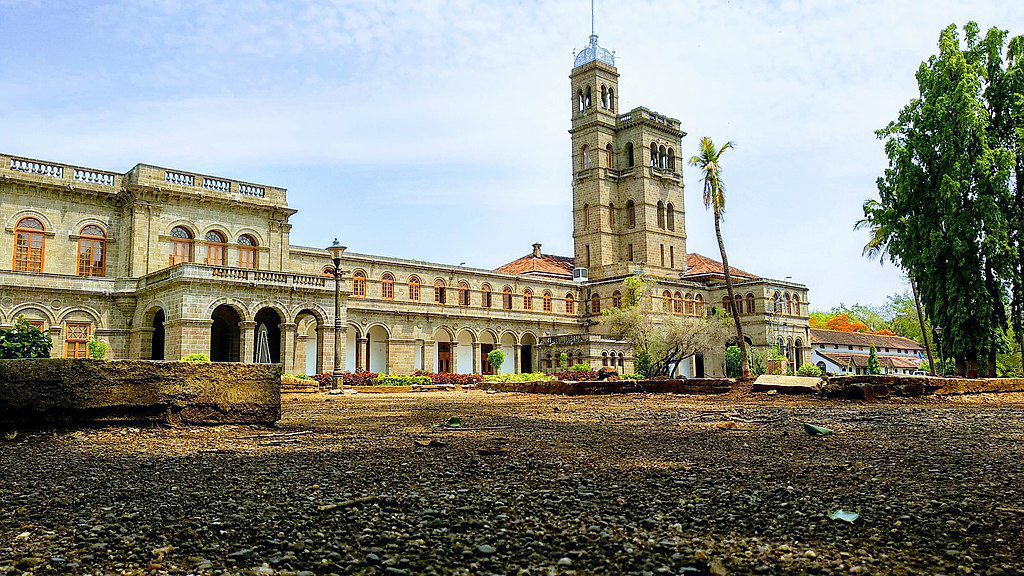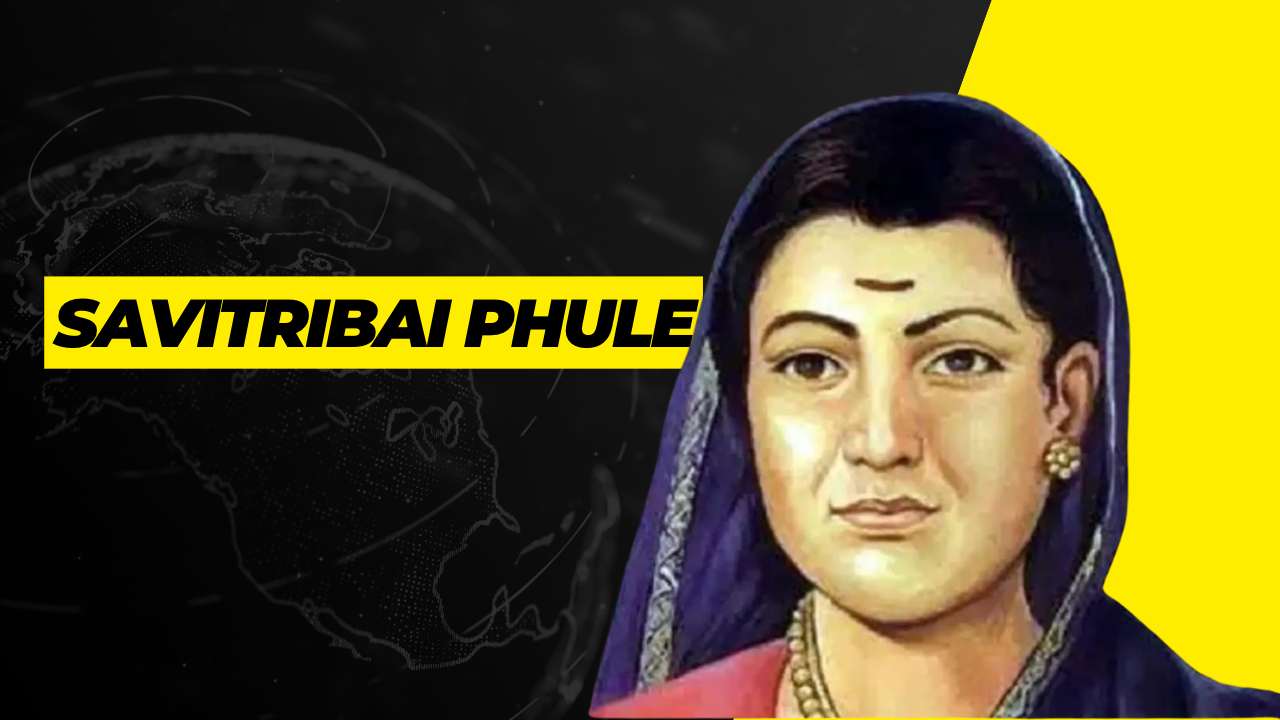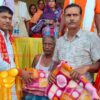This is the fascinating story of Savitribai Phule, who despite all odds became the first woman teacher and headmistress in India, a true story of pure grit.
Savitribai Phule was a woman far ahead of her time. Born on 3rd January 1831 in the small village of Naigaon, in Maharashtra, India, Phule dedicated her life to fighting against discrimination and oppression and working towards the education and empowerment of girls and women in India.
She was the daughter of a farmer and grew up in a time when women were expected to marry young and remain confined to the home. Education for women was a taboo then,
In a society where women were expected to marry young and be confined to the home, Phule bucked tradition by becoming one of the first female teachers in India.
First Indian woman teacher and headmistress
Savitribai was illiterate when she married Jyotirao Phule. However, he recognized the importance of education and decided to teach her and his cousin’s sister, Sagunabai Shirsagar, at their home, alongside working on their farm.
In accordance with the customs of the time, Savitribai was married at a young age. However, her husband, Jyotirao Phule, was a progressive and open-minded individual who became her partner in social and educational reform.
He recognized Savitribai’s ambition and desire to learn and decided to teach her how to read and write. This decision would ultimately lead to Savitribai becoming a pioneering teacher and social reformer in her own right.

After completing her primary education with Jyotirao, her further education was overseen by his friends, Sakharam Yeshwant Paranjpe and Keshav Shivram Bhavalkar.
Additionally, Savitribai enrolled in two teacher training programs — one at an institution run by an American missionary in Ahmednagar and the other at a Normal School in Pune.
As a result of this training, Savitribai is believed to have become the first Indian woman teacher and headmistress.
Along with her husband, Jyotirao Phule, she established the first school for girls in Pune in 1848, paving the way for future generations of female students.
But Phule’s activism didn’t stop at education. She was a vocal critic of the oppressive caste system in India and worked tirelessly to promote the rights of marginalized communities. She also established a home for pregnant rape victims and worked to combat child marriage and the exploitation of widows.
In a time when women were often not even allowed to leave their homes, let alone speak out on social issues, Phule’s bravery and dedication to justice were truly groundbreaking. She faced fierce opposition and even death threats for her work, but she never wavered in her commitment to creating a more equal and just society.
Savitribai Phule’s life was marked by a tireless dedication to social justice and equality. In addition to establishing the first school for girls in Pune, she also worked to provide education to children from lower castes and marginalized communities, recognizing that education was a key tool in the fight against discrimination and oppression.
As a teacher, Phule faced many challenges, including resistance from parents who did not believe in the education of girls and hostility from those who opposed her efforts to break down societal barriers. Despite these obstacles, she persevered and continued to work toward the empowerment of women and marginalized communities.
In addition to her work in education, Phule was also an important figure in the fight against child marriage and the exploitation of widows. She established a home for pregnant rape victims and worked to provide support and assistance to women in need.
Phule’s activism did attract negative attention, and she faced fierce opposition and even death threats for her work.
She, however, remained resolute and continued to voice against prejudice and oppression, becoming a beacon of hope and inspiration for those who sought a more equal and just society.
Phule’s legacy lives on today, as her efforts to promote education and equality for all have had a lasting impact on India. She is remembered as a trailblazing hero and an inspiration to all those who believe in the power of education to create positive change.



